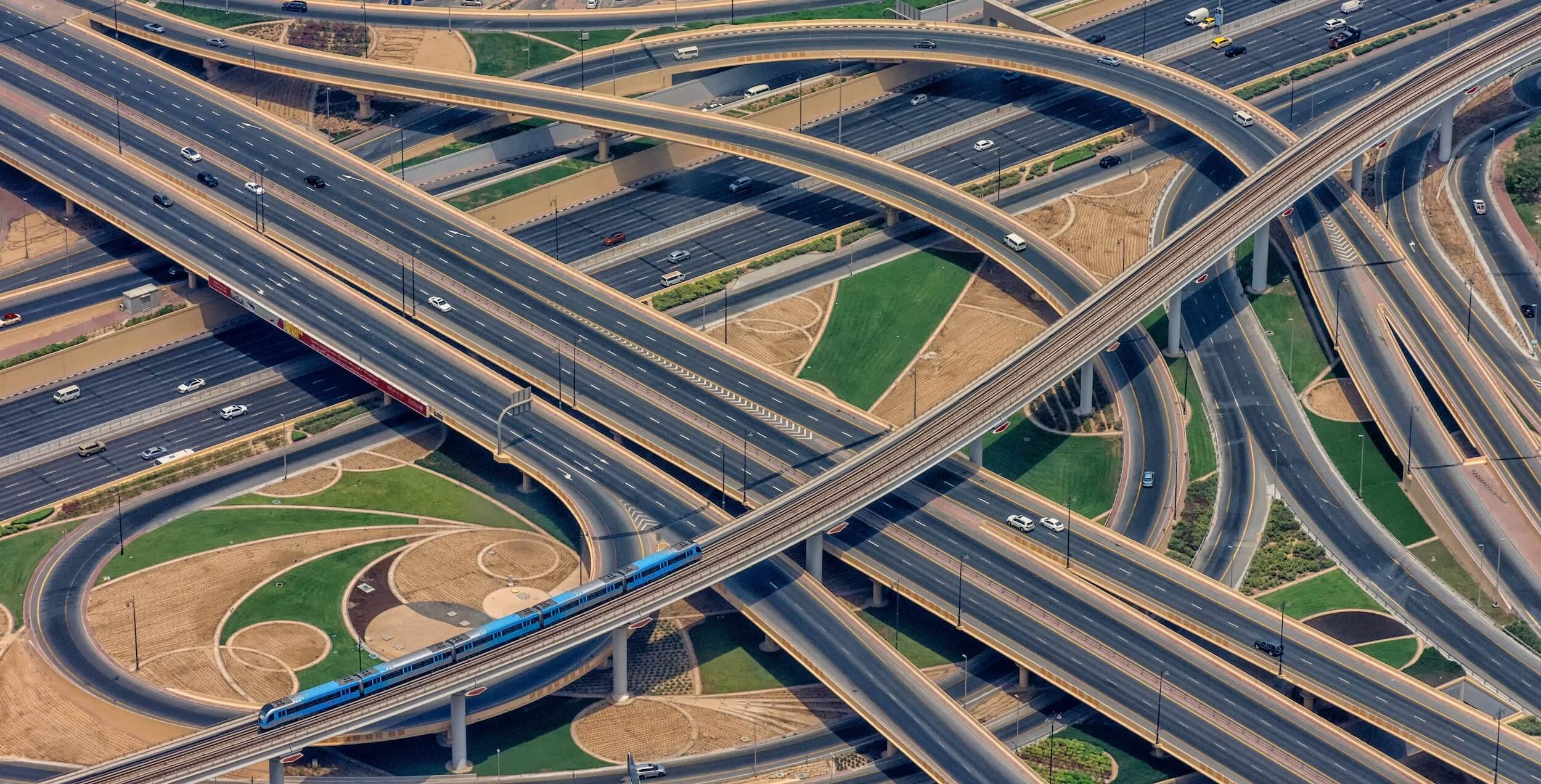Dubai’s AI Revolution: Tackling Traffic Congestion with Technology

CREDITS: TRUMAN ADRIAN LOBATO DE FARIA
Dubai has recently announced its ambitious plan to tackle traffic congestion using advanced artificial intelligence (AI) technology. The Roads and Transport Authority (RTA) is spearheading this initiative by launching a cutting-edge Enterprise Platform in collaboration with renowned global firms. The platform aims to develop AI solutions and leverage data science to enhance the efficiency of Dubai’s road network and alleviate traffic-related issues.
One of the key features of the Enterprise Platform is its capability to process vast amounts of data owned by the RTA. This data will train machine learning models, fostering innovation and excellence across various operational domains. For instance, the platform will enable predictive maintenance for roads and bridges, optimize public transportation route planning, facilitate crowd management, and much more.
According to Mattar Al Tayer, Director-General and Chairman of the Board of Executive Directors at the RTA, this initiative signifies the RTA’s commitment to transforming Dubai into a smart city of global prominence. By harnessing the power of AI, the platform aims to enhance residents’ well-being, promote sustainability, and improve service efficiency.
The RTA possesses one of the largest big data platforms in the UAE, boasting extensive storage capacity. This platform has now been seamlessly integrated with the AI infrastructure, allowing for using historical data and developing use cases that align with the RTA’s strategic and operational goals. Notably, traffic data analysis, pattern identification, and forecasting are among the applications that will contribute to efficient road network planning and reduced traffic congestion.
The AI platform serves as the foundation for numerous projects outlined in the RTA’s AI project roadmap. With over 100 use cases across various domains, it encompasses predictive maintenance for RTA assets and properties, provides AI-integrated innovative services to enhance customer and employee experiences, and streamlines administrative tasks. By integrating AI technologies into all systems by 2031, the RTA aims to optimize processes such as predictive maintenance for roads and bridges, public transportation network planning, and crowd management. This aligns with the UAE’s AI strategy and underscores the significance of data and AI in decision-making and future planning.
The AI platform offers state-of-the-art deep machine learning model training capabilities and a wide array of pre-built algorithms, eliminating the need for manual source code writing. Furthermore, it enables algorithm performance comparison in terms of speed and accuracy, facilitating the selection of the most suitable algorithms. The platform also empowers the RTA to develop AI use cases, integrate them into various systems such as websites and digital applications, monitor machine learning model performance, and implement mechanisms to ensure adherence to AI principles and ethics set by the Dubai Digital Authority.

The RTA has trained numerous Emiratis in leadership, supervisory, and technical roles to support this groundbreaking initiative. These individuals are equipped with the skills to analyze data, extract valuable insights, and develop use cases within the RTA’s AI platform. This approach fosters self-reliance and accelerates development across different areas of expertise.
In summary, Dubai’s strategic plan to implement AI technology for traffic management demonstrates its unwavering commitment to creating a smarter and more efficient city. By harnessing the power of AI, Dubai aims to alleviate traffic congestion, enhance transportation services, and position the RTA as a pioneering government agency on the local, regional, and global fronts.

